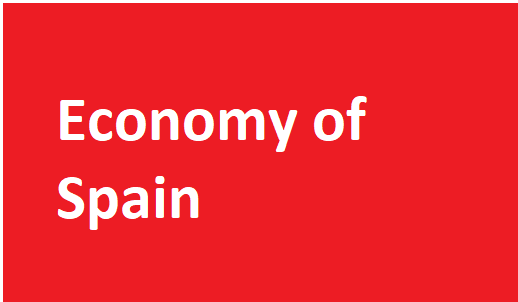Economy of Spain
Spain has a mixed capitalist economy that ranks fifth in Europe. According to the World Bank, the country is a high-income economy. The service sector contributes about 70% of the country’S GDP, followed by industry (14.1%), construction (9.9%) and agriculture (4.5%).
The Spanish tourism sector ranks second worldwide, and the headquarters of the World Tourism Organization is located in Madrid. The country is one of the largest producers of wine and olive oil. The country’s unemployment rate was 17.2% in 2017. Spain is a top producer in renewable energy and is the largest producer of wind energy in Europe. The country has the largest high-speed rail network in Europe, covering 2,174.80 miles, making it the second largest in the world.
Spain’s high-speed train is the fastest in the world, while the Japanese express train and the French TGV are in second and third place. Barcelona has hosted the Mobile World Congress since 2006. Spain’s 2018 nominal GDP is estimated at $ 1.360 trillion, with GDP per capita expected to reach $ 29,800. The World Health Organization ranked the Spanish healthcare system seventh in the world. Healthcare is free for all Spanish citizens, as is education for children aged six to 16.

